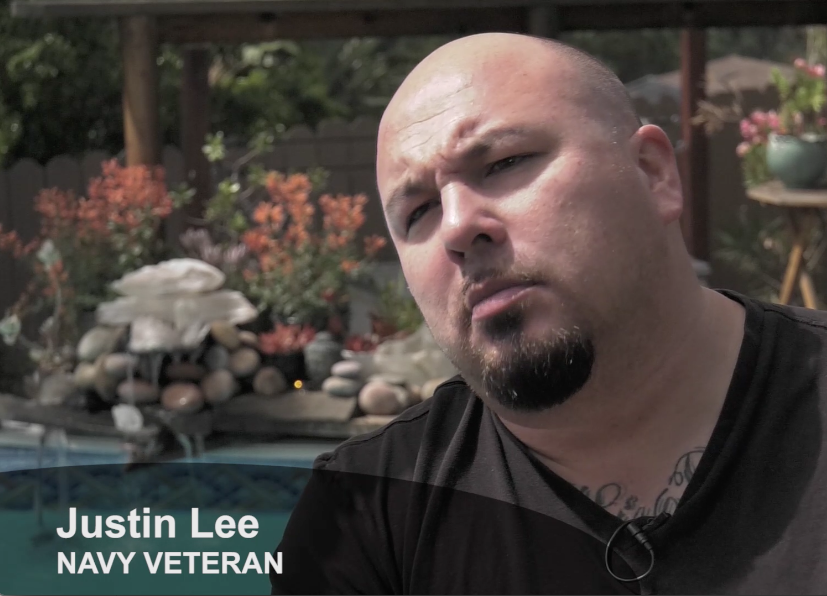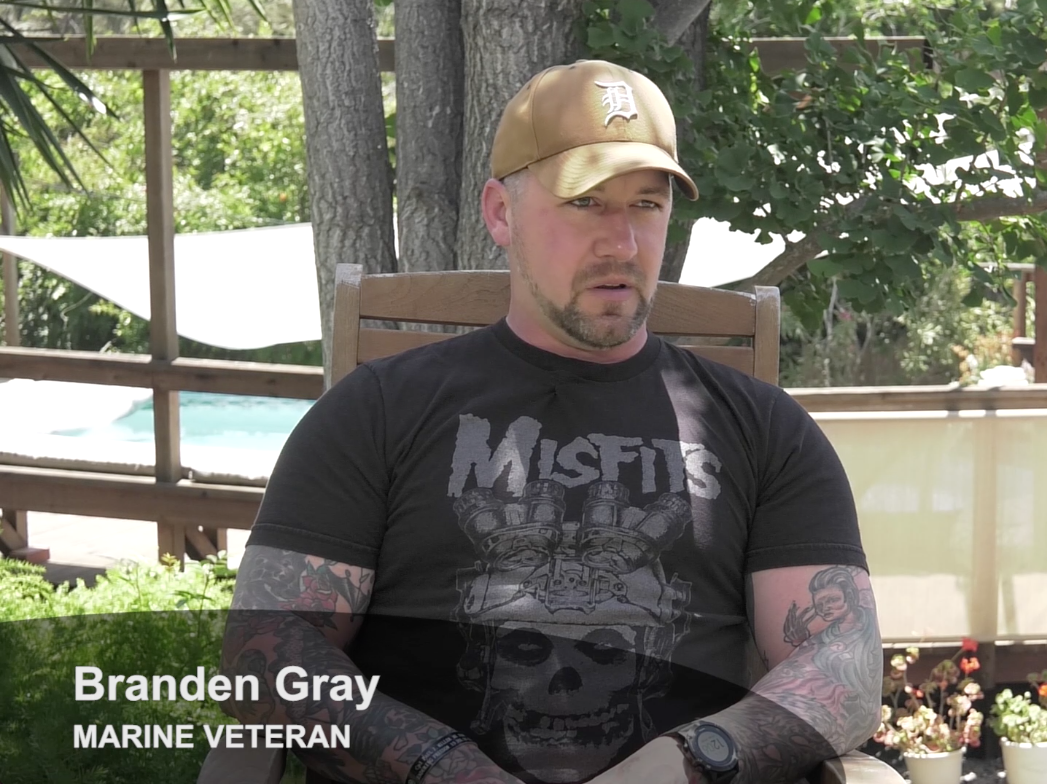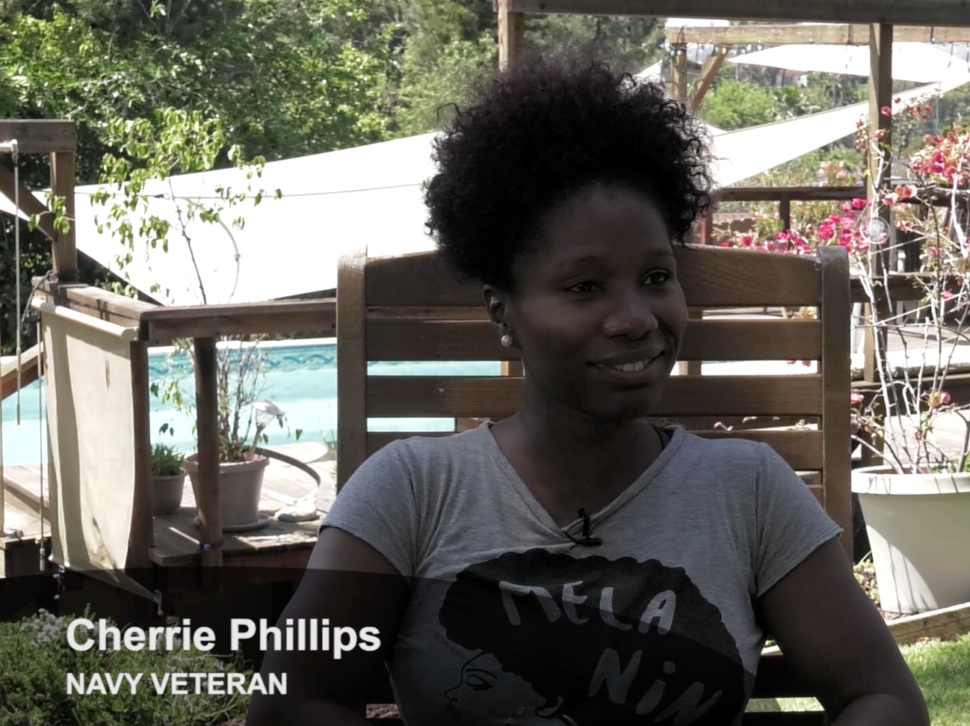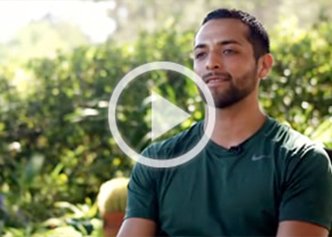What is Trauma-Informed Care?
Trauma-informed care is defined as practices that promote a culture of safety, empowerment, and healing.
Trauma-informed care includes:
- Realizing the widespread impact of trauma and understanding potential paths for recovery;
- Recognizing the signs and symptoms of trauma in individual clients, families, and staff;
- Integrating knowledge about trauma into policies, procedures, and practices;
- Seeking to actively resist re-traumatization (i.e., avoiding an environment that inadvertently reminds patients of their traumatic experiences and causes stress)
Trauma-Informed Training Requirements
All Staff and Practitioners are required to complete training in trauma-informed care.
Staff members:
- New staff members must complete two trainings from List 1 within their first month.
- All staff members participate in at least two trainings per year in trauma-informed care.
Practitioners:
- New practitioners must complete at least two training offerings in List 1, plus at least one in-depth trauma-informed training for aquatic therapy in List 2 prior to working with Healing Wave Aquatics
- Practitioners also agree to participate in annual trainings in trauma-informed care
Trauma-informed Trainings for working with Military and Veterans
- Early Recognition of Suicide: the sooner warning signs are detected and help sought, the better the outcome of a suicidal crisis will be.
- Early QPR: asking someone about the presence of suicidal thoughts and feelings opens up a conversation that may lead to a referral for help.
- Early Intervention and Referral: referral to local resources or call 1-800-273-TALK for evaluation and possible referral is critical.
- Early Advanced Life Support: as with any illness, early detection and treatment results in better outcomes.
S.A.V.E. is a one- to two-hour gatekeeper training program provided by VA suicide prevention coordinators to veterans and those who serve veterans. Optional role-playing exercises are included. S.A.V.E consists of the following components:
- Brief overview of suicide in the veteran population
- Suicide myths and misinformation
- Risk factors for suicide
- Components of the S.A.V.E. model (Signs of suicide, Asking about suicide, Validating feelings, Encouraging help and Expediting treatment)
S.A.V.E. was developed by the Education Corps of the VA Center of Excellence for Suicide Prevention and consists of a PowerPoint presentation, training script, instructors guide and toolkit, pre- and post-evaluation instructions, evaluation forms, tracking sheets and S.A.V.E. brochures.
Trauma Training Options for Aquatic Therapists
This training program helps trauma practitioners improve their ability to track non-verbal communication, embodied emotions, and anatomy/body usage as they relate to trauma healing. Clinicians will learn to assess how touch may be used to support clients when it is appropriate to do so. This education provides clinicians with a versatile toolkit to use with service members, veterans, and their caregivers.





